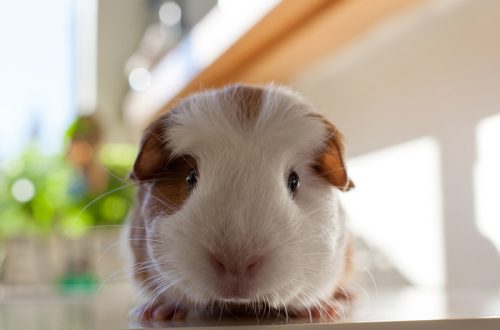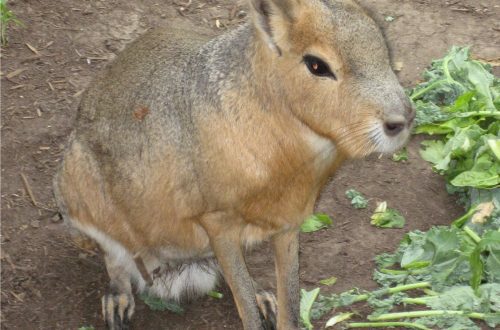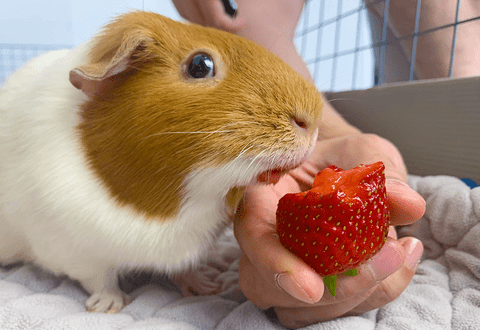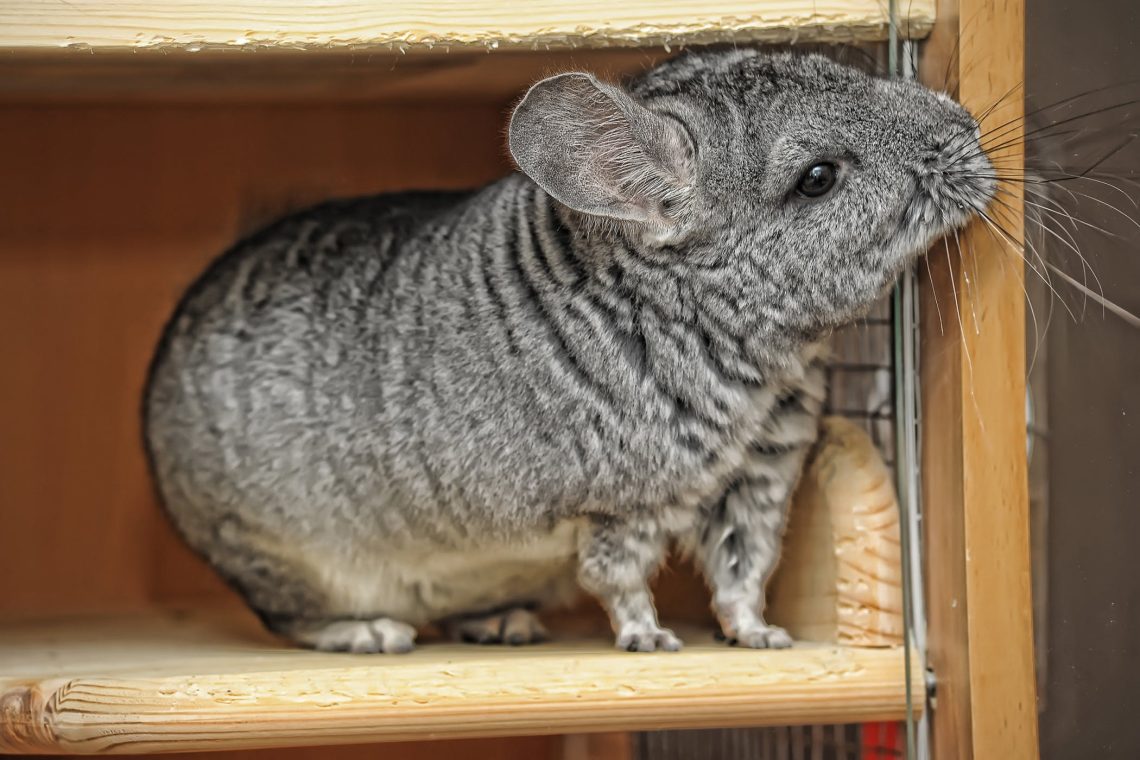
What to do if a chinchilla has constipation: symptoms, treatment, prevention
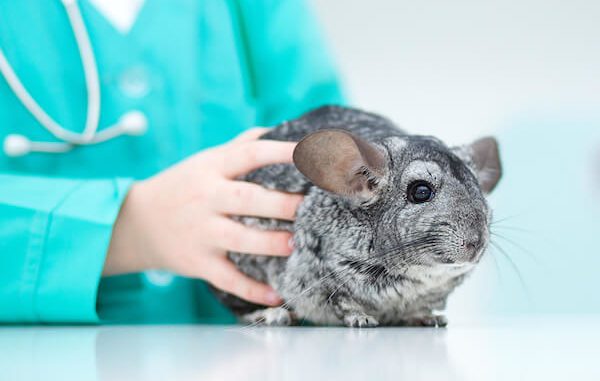
Chinchilla is a patient, hardy rodent, but it has vulnerabilities in the body. This is the digestive system. It directly reflects the general condition of the animal and is very sensitive. What to do if a chinchilla has constipation, how to deal with it?
Various changes: moving, drinking quality, feed composition – all this can lead to disruption of the digestive system. This problem should be solved promptly, otherwise serious complications, including death, are possible.
Contents
What are the symptoms and causes of constipation
Symptoms of constipation in chinchillas can develop from several hours to several days. With constipation that develops slowly, the boluses become small, there is a possibility of dysbacteriosis. This is often the case with a bacterial infection or parasite infestation. In these cases, it is necessary to remove the cause, not the symptoms.
The symptom looks like this:
- boluses are few or small;
- the animal does not poop for several days;
- possibly bloating;
- chinchilla is inactive;
- there is lethargy of the animal, heavy breathing;
- pet is not eating.
Possible causes of stool disorders
There can be several reasons why an animal develops constipation:
- the pet was overfed with sweet food. Boluses smell of fermentation products, and flatulence is also observed;
- if antibiotics were used in large quantities or for a long time, stool disorder may occur;
- the animal does not drink enough;
- a piece of wool or another foreign body may enter the stomach;
- overeating hay;
- low-quality food;
- diseases of the liver, stomach;
- bacterial component.
Treatment of mild to severe constipation
To eliminate constipation in a chinchilla, treatment should begin with a search for the problem that caused it.
Often this is difficult and does not bring results. It is necessary to ensure that there is always water in the cage and the animal is not limited in movement. Remove food, complementary foods, various delicacies. During this period, one hay will be enough for the pet.
If the chinchilla is not drinking enough water, then you can resort to tricks and smear the spout of the drinker with an apple or raisins – this usually helps.
Actions for mild constipation
Give the chinchilla enough hay, it helps to normalize the stool.
Feed the animal a piece of prunes or apples.
Effective decoction of dried apricots, it has a laxative effect.
A proven remedy for constipation (only mild!) flax seed. You can feed up to six seeds per day, but it is better to make a decoction: for 250 ml of boiling water, 4 teaspoons of the seed. Insist until slightly thickened, squeeze out, solder a sick pet up to three times a day, 3 ml at a time (conveniently from a syringe).
Enema, but no more than three times a day (may help the first time).
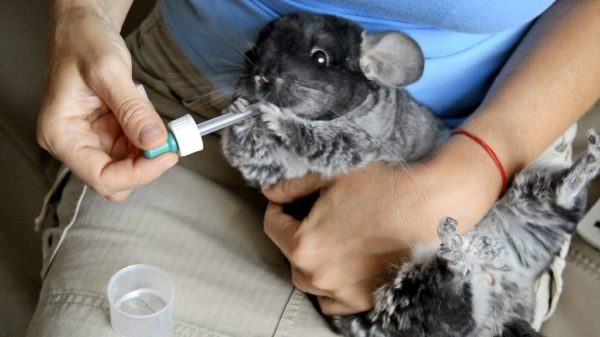
Elimination of severe constipation
In the event that the chinchilla does not go to the toilet at all and there are no boluses, the following actions should be taken at home:
- Urgently check for obstruction. To do this, give the animal paraffin oil from a syringe every few hours to check the freedom of defecation from the anus. If possible, it is better to resort to x-rays – this is more reliable.
- Make injections of Glucose (2 ml 5%) and Saline (10 ml) twice a day at the withers.
- Effective homeopathic preparations Liarsin and Veracol, they can be added to the above preparations (0,5 ml).
- Katazol will help to support and strengthen the body of a rodent (inject 0,8 ml each).
- If, in addition to constipation, there is bloating, then you can give Espumizan, Tympanol (according to the instructions).
- If there is no swelling, you can try Cerucal.
- To alleviate the condition of your pet, massage his abdomen in circular motions – it will be easier for him.
- Dufalac (5 drops) – twice a day until the symptoms disappear.
Chinchillas should not be given activated charcoal!
How to prevent constipation in chinchillas
Than to fight constipation, it is better not to allow it. Chinchilla boluses should be monitored – this is the main indicator of the digestive system. Here is a list of what is strictly prohibited:
- do not give beets, grapes, cabbage, sweet peppers;
- exclude delicacies from the host’s dish: salty, fatty, spicy and fried;
- any milk is prohibited:
- exclude oak, cherry, plum leaves.
A healthy diet should include juicy, dry food and a fortified mixture. Dry food is hay, it is necessary in the diet and must be constantly present in it. It is necessary to monitor its freshness and cleanliness, the absence of mold. Succulent foods include leaves and twigs of trees and shrubs. Chinchillas love to feast on dandelions, strawberry leaves, nettle shoots. Legumes and bran are important for good digestion.
When buying a new pet, quarantine must be observed for at least two weeks. Often a chinchilla comes with an infection, so it takes time to assess the condition of a new friend, and only then introduce them.
If the animal’s food is balanced and includes all the necessary vitamins, and the owner protects the animal from unnecessary stress, then there should be no problems with digestion.
Symptoms and treatment of constipation in chinchillas
3.3 (65.33%) 30 votes



